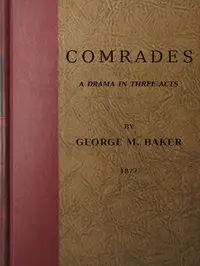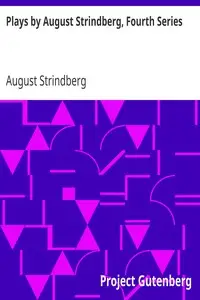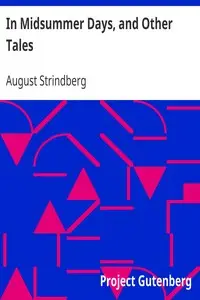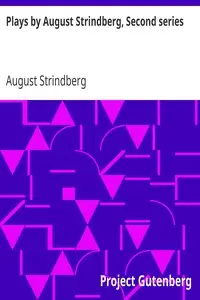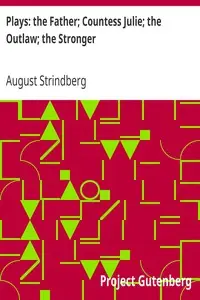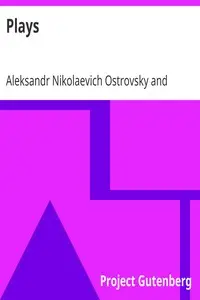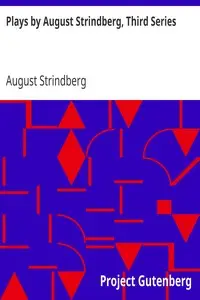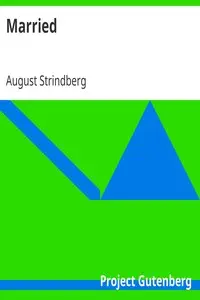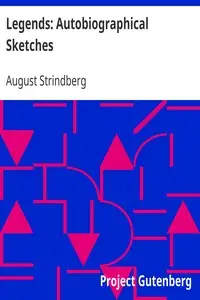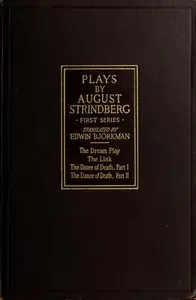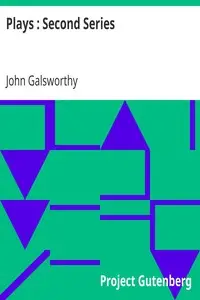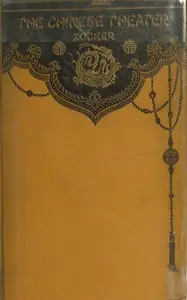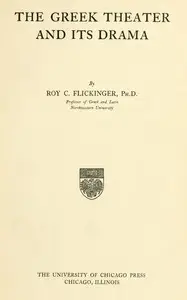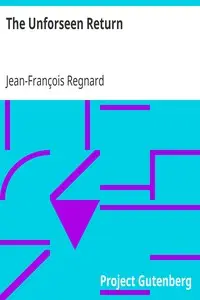"Plays: Comrades; Facing Death; Pariah; Easter" by August Strindberg is a compilation of four plays from the late 1800s that dig into tricky topics like marriage, who we are, and the rules society sets, especially looking closely at what's expected of men and women and how they relate to each other. The collection uses smart conversations and complicated characters to show the problems the main characters are facing, often mirroring the author's own thoughts on women's rights and the hard questions about life in modern times, and starts with "Comrades," which takes place in an artist's workplace in Paris, including husband and wife artists, Axel and Bertha, and their friends Abel and Willmer, opening with a conversation that suggests stress between the married couple and highlights how men and women compete with each other, as Bertha wants to be seen as Axel's equal, while they discuss their artistic dreams, what society expects of them, and their own insecurities, revealing the changing roles of men and women, also suggesting bigger arguments about goals, friendship, and the back-and-forth between being independent and relying on others within their marriage.
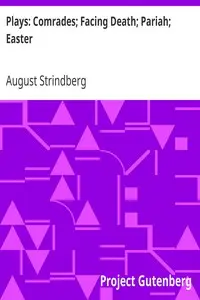
Plays: Comrades; Facing Death; Pariah; Easter
By August Strindberg
In a world grappling with modern anxieties, four dramatic stories unfold, challenging the very fabric of relationships, identities, and societal expectations.
Summary
About the AuthorJohan August Strindberg was a Swedish playwright, novelist, poet, essayist, and painter. A prolific writer who often drew directly on his personal experience, Strindberg wrote more than 60 plays and more than 30 works of fiction, autobiography, history, cultural analysis, and politics during his career, which spanned four decades. A bold experimenter and iconoclast throughout his life, he explored a wide range of dramatic methods and purposes, from naturalistic tragedy, monodrama, and historical plays to his anticipations of expressionist and surrealist dramatic techniques. From his earliest work, Strindberg developed innovative forms of dramatic action, language, and visual composition. He is considered the "father" of modern Swedish literature and his The Red Room (1879) has frequently been described as the first modern Swedish novel. In Sweden, Strindberg is known as an essayist, painter, poet, and especially novelist and playwright, but in other countries he is known mostly as a playwright.
Johan August Strindberg was a Swedish playwright, novelist, poet, essayist, and painter. A prolific writer who often drew directly on his personal experience, Strindberg wrote more than 60 plays and more than 30 works of fiction, autobiography, history, cultural analysis, and politics during his career, which spanned four decades. A bold experimenter and iconoclast throughout his life, he explored a wide range of dramatic methods and purposes, from naturalistic tragedy, monodrama, and historical plays to his anticipations of expressionist and surrealist dramatic techniques. From his earliest work, Strindberg developed innovative forms of dramatic action, language, and visual composition. He is considered the "father" of modern Swedish literature and his The Red Room (1879) has frequently been described as the first modern Swedish novel. In Sweden, Strindberg is known as an essayist, painter, poet, and especially novelist and playwright, but in other countries he is known mostly as a playwright.

